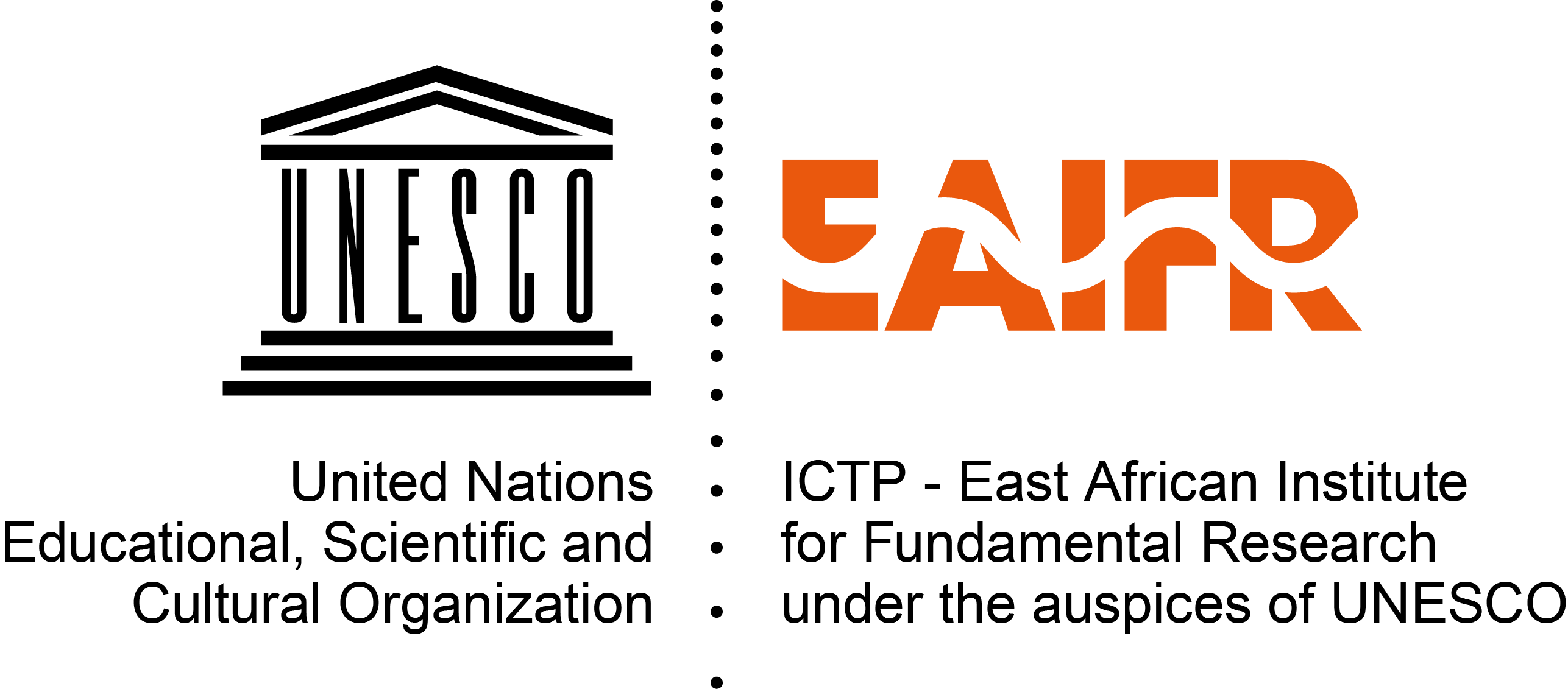ICTP-East African Institute for Fundamental Research
KIST2 Building CST
Nyarugenge Campus
University of Rwanda
Kigali, Rwanda

Heather J. Kulik Seminar 21 September
ICTP-EAIFR is pleased to announce a virtual seminar by Heather J. Kulik, Associate Professor, Department of Chemical Engineering, Massachusetts Institute of Technology, USA.
Titled "DFT+U and beyond for recovering exact conditions and improving properties in correlated materials", the online seminar will take place on 21 September at 16:00 GMT+2.
Participants are required to pre-register at
https://us02web.zoom.us/meeting/register/tZwtceuqrzIuEtOkq68MXJTJnUUvPU7Ebv6R
After registering, you will receive a confirmation email containing information about joining the meeting.
Abstract:
Although density functional theory (DFT) remains the method of choice for its balance of speed and accuracy in computational screening, semi-local approximations in density functional theory (DFT), such as the generalized gradient approximation (GGA), suffer from many electron self-interaction errors that causes them to predict erroneous spin states and geometries, barrier heights and dissociation energies, and orbital energies, to name a few. I will outline our recent efforts to both understand and correct these errors with a focus on predictive modeling of transition metal chemistry : i) I will describe how DFT+U can be understood as an approach to recover the derivative discontinuity, ii) I will describe how DFT+U affects the density properties of transition metal complexes and surface properties of correlated solids with respect to exact references, iii) I will discuss how to recover the flat-plane condition that is a union of the requirement of piecewise linearity with electron removal or addition as well as unchanged energy when changing the spin of an electron in isoenergetic orbitals. I will show how our built-from-scratch judiciously-modified DFT (jmDFT) functionals can oppose errors inherent in semi-local functionals in a way that is connected to but diverges from hybrid functionals and standard DFT+U. By examining these forms, we can understand why both DFT+U and hybrids commonly increase static correlation errors when improving delocalization errors. We also present fundamental expressions for determining these parameters, mitigating empiricism in jmDFT and DFT+U methods.



